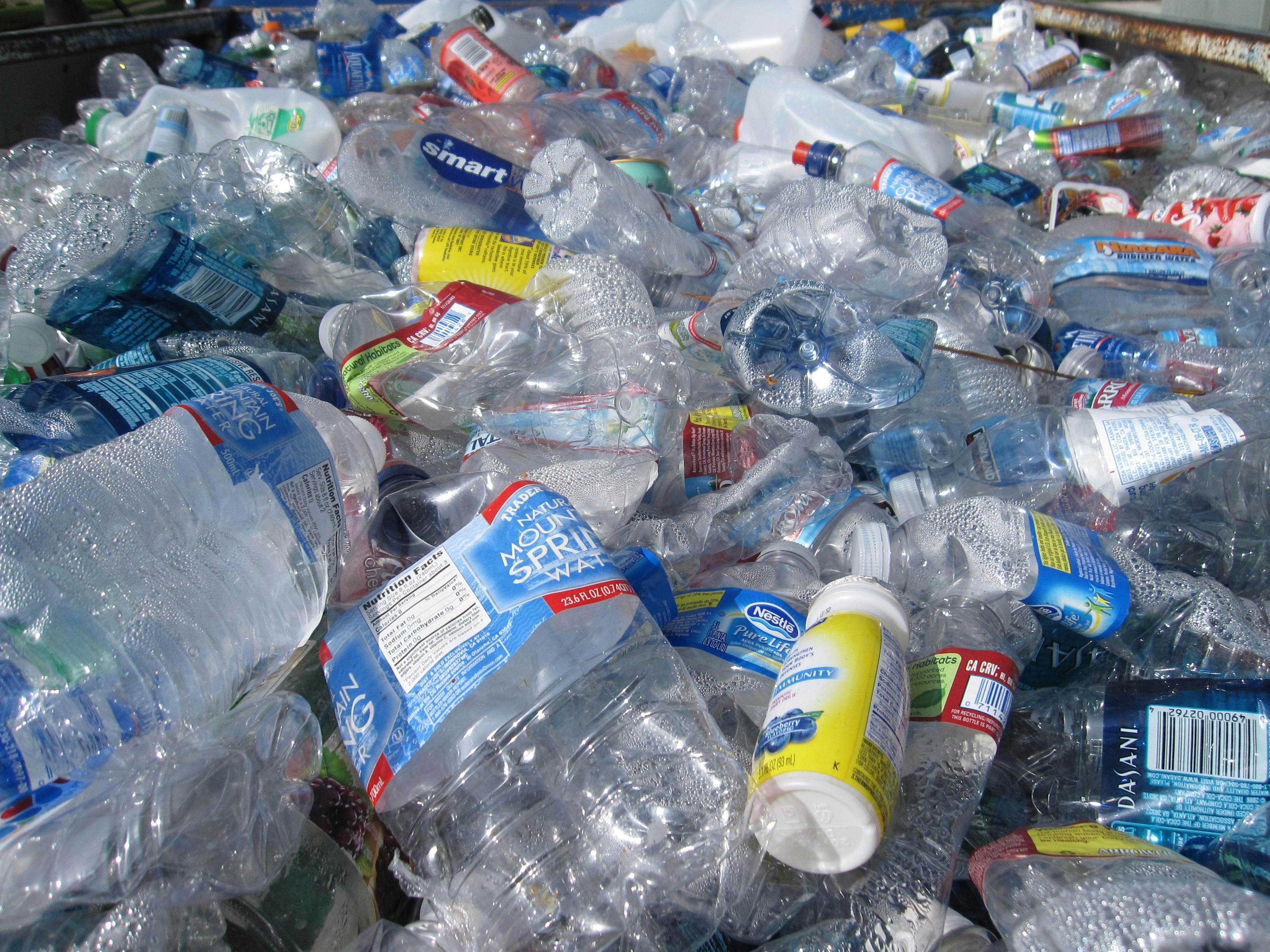
Imagine walking along the shore of a pristine beach, feeling the soft sand beneath your toes and listening to the gentle rhythm of the waves. Now, envision this serene scene marred by scattered plastic bottles, bags, and debris. Unfortunately, this scenario is not uncommon in today's world. Plastic pollution has become a global crisis, and our beaches, once symbols of natural beauty, are increasingly under threat. In this article, we'll delve into the importance of keeping the world's beaches clean from plastic and explore the far-reaching impacts of this vital endeavor.
The Global Plastic Predicament:
Plastic pollution has emerged as one of the most pressing environmental challenges of our time. Every year, millions of tons of plastic waste end up in our oceans, with beaches bearing a significant brunt of this pollution. From discarded single-use plastics to abandoned fishing gear, the accumulation of plastic debris not only tarnishes the aesthetic appeal of beaches but also poses grave threats to marine life and ecosystems.
Impact on Marine Life:
The detrimental effects of plastic pollution on marine life are profound and far-reaching. Sea turtles mistake plastic bags for jellyfish, a staple in their diet, often leading to ingestion and suffocation. Birds become entangled in fishing lines and plastic debris, impairing their ability to forage and fly. Microplastics, tiny fragments resulting from the breakdown of larger plastic items, permeate marine environments, infiltrating the food chain and posing health risks to marine organisms, including fish consumed by humans.
Economic Ramifications:
Beyond ecological concerns, plastic pollution exacts a heavy toll on coastal economies. Tourist-dependent regions rely on pristine beaches to attract visitors and sustain livelihoods. The sight of polluted shorelines not only diminishes the appeal of these destinations but also leads to tangible economic losses. Furthermore, the cleanup and mitigation efforts associated with plastic pollution impose significant financial burdens on governments and local communities, diverting resources that could otherwise be allocated to critical social and developmental initiatives.
Preserving Ecosystem Integrity:
Beaches serve as vital ecosystems, supporting a diverse array of plant and animal species. Coastal vegetation plays a crucial role in stabilizing sand dunes, mitigating erosion, and providing habitat and food sources for numerous organisms. Plastic pollution disrupts these delicate ecosystems, hindering the growth of vegetation, altering sediment composition, and impeding the natural processes that sustain coastal biodiversity. By keeping our beaches clean from plastic, we safeguard the integrity of these invaluable ecosystems and ensure their continued resilience in the face of environmental challenges.
The Power of Collective Action:
Addressing plastic pollution requires concerted efforts at the individual, community, and global levels. Simple actions, such as reducing single-use plastic consumption, properly disposing of waste, and participating in beach cleanup initiatives, can collectively make a significant difference. Advocacy for policy reforms, investment in waste management infrastructure, and promotion of sustainable alternatives are essential components of a comprehensive strategy to combat plastic pollution and protect our beaches for future generations.
Our beaches are more than mere recreational spaces; they are emblematic of the natural beauty and ecological richness of our planet. Yet, they are increasingly besieged by the insidious onslaught of plastic pollution. As stewards of the Earth, it is incumbent upon us to recognize the importance of keeping our beaches clean from plastic and to take proactive measures to mitigate this pervasive threat. By preserving the pristine beauty of our shorelines, we not only safeguard marine life and ecosystems but also uphold the intrinsic value of our shared natural heritage. Let us pledge to work together in preserving paradise and ensuring that our beaches remain havens of tranquility and biodiversity for generations to come.



